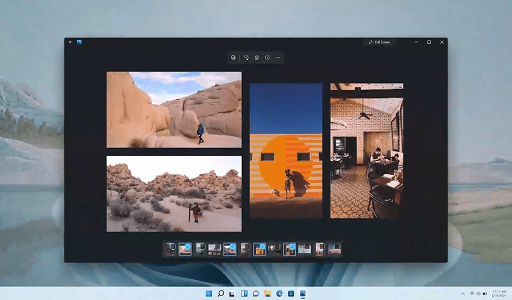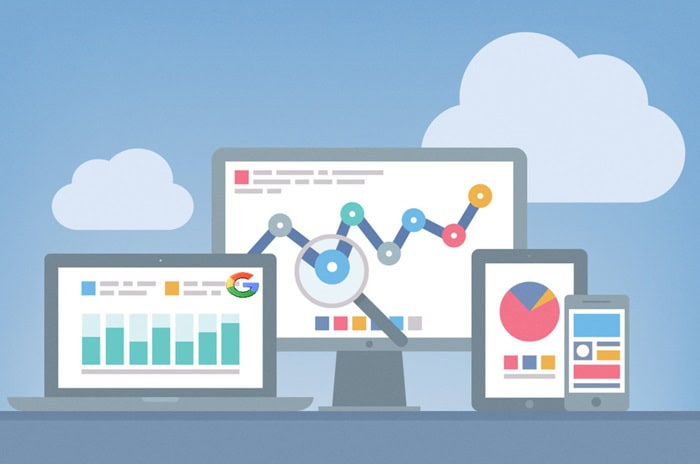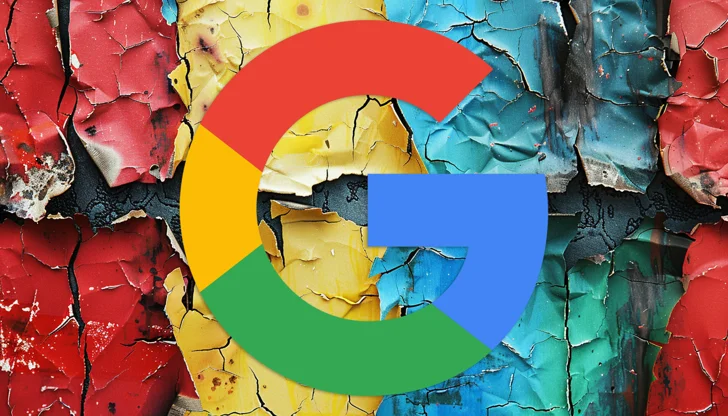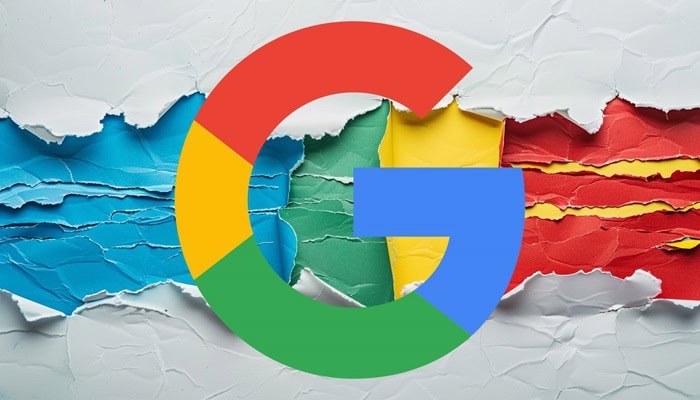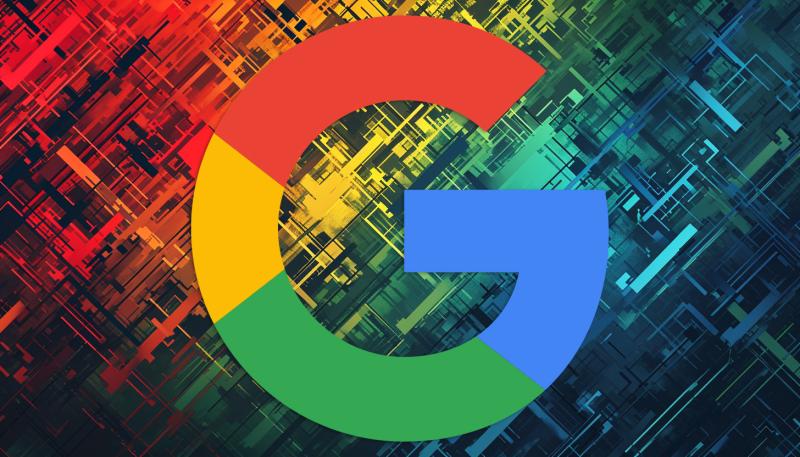Google is transitioning AdSense toward an eCPM payment structure for publishers. In November, Google announced plans to revamp the revenue share system for AdSense, aiming to bring a contemporary approach to how publishers generate income from their website content.
Ginny Marvin, Google Ads Liaison, has verified the transition to eCPM payments for AdSense partners. In the past, publishers were guaranteed a fixed 68% share of ad revenue. However, the updated system now divides the revenue share into distinct rates for both the buy-side (advertisers) and sell-side (publishers).
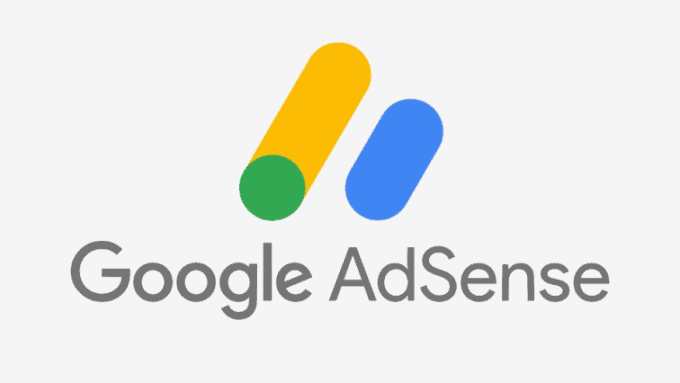
Google provides further details on the particulars of this revised framework:
“For displaying ads with AdSense for content, publishers will receive 80% of the revenue after the advertiser platform takes its fee, whether that be Google’s buy-side or third-party platforms.”
As per a Google example, when Google Ads procures display ads on AdSense, it reserves approximately 15% of the advertiser spend. Despite these changes, Google asserts that the overall publisher revenue is anticipated to stay at approximately 68%.
However, the scenario changes when third-party platforms purchase AdSense display ads. Here, publishers obtain an 80% share after accounting for the third-party’s fees. Google clarifies that it has no influence or insight into these third-party fees.
Google’s Search Liaison Explains Reasons for a Webpage’s Failure to Rank
Transitioning Towards Per-Impression Payments
Google is transitioning AdSense towards a payment structure based on per-impression, aligning it with the prevailing industry standards for display advertising. These changes aim to facilitate easier comparison of earnings for publishers across Google’s products and third-party platforms.
Google reassures that this update to the payment structure will not affect the quantity or nature of ads publishers can display, provided they comply with existing AdSense policies and Better Ads Standards. These standards prohibit intrusive ad formats such as pop-ups or ads that disrupt the user experience by taking over the entire screen.
For publishers who depend on AdSense as a revenue source, assessing the consequences of these updates is crucial. Here are some factors to consider:
Grasp the Implications
The change to the eCPM (effective cost per thousand impressions) payment structure marks a departure from the previous prevalent cost-per-click (CPC) structure. Under eCPM, publisher earnings are tied to the number of impressions rather than clicks. Publishers need to comprehend the mechanics of this new model, as it may affect revenue, particularly for those focusing on maximizing engagement rather than sheer traffic volume.
Modify Content and SEO Approaches
While Google forecasts that the majority of publishers will maintain consistent earnings post-transition to eCPM bidding, individual impacts may vary. Publishers might find it necessary to modify their content and SEO strategies to optimize revenue within the new eCPM framework.
Potential tactics could entail enhancing website traffic, bolstering user engagement metrics, and prolonging session duration to accommodate more ad impressions.
Adherence to Ad Standards
The transitioning towards an impression-centric model heightens the importance of publishers adhering to AdSense policies and Better Ads Standards. Publishers must sustain a positive ad experience for users by steering clear of disruptive ad formats. This adherence is important for preserving ad revenue and upholding a favorable standing within the AdSense program.
In Conclusion
Google’s updates to AdSense intend to streamline and enhance transparency in the monetization process. However, the onus is on publishers to capitalize on these changes to their advantage. By staying well-informed, actively monitoring performance, and adapting strategies accordingly, publishers can persist and flourish in this evolving landscape.
Would you like to read more about “Google AdSense Transitions to eCPM Payment Structure” related articles? If so, we invite you to take a look at our other tech topics before you leave!
Use our Internet marketing service to help you rank on the first page of SERP.
![]()







